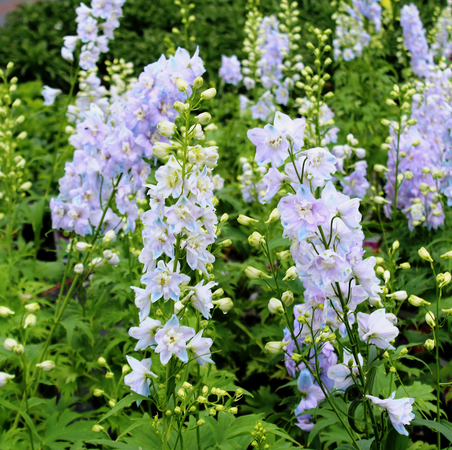Gardening is about more than just adding beautiful plants to your space, as it is also an opportunity and privilege to connect with and support the environment. Sustainable gardening practices not only help to protect ecosystems but also make your garden healthier, more resilient, and easier to maintain. Whether you’re an expert gardener or just beginning a new hobby, here are 5 easy eco-friendly tips to cultivate a more sustainable garden.
- Composting
Composting is a simple and effective way to reduce kitchen and yard waste while enriching your soil. By turning organic waste into nutrient-rich compost, you can:
- Reduce landfill waste
- Improve soil structure and fertility
- Promote healthy plant growth without synthetic fertilizers
Start a compost pile or bin with items like fruit and vegetable scraps, coffee grounds, eggshells, grass clippings, and dry leaves. Avoid adding meat, dairy, or oily foods, as they can attract pests.
- Choose Native Plants
Native plants are well-adapted to your local climate and soil conditions, making them a sustainable choice for any garden. Planting them in your garden can reap many benefits including:
- Requiring less water and fertilizer
- Supporting local pollinators and wildlife
- Reducing the risk of introducing invasive species
Research plants native to your area and incorporate them into your garden design for a vibrant and eco-friendly landscape.
- Reduce Water Usage
Water conservation is a huge part of sustainable gardening and one of the easiest and most impactful. To reduce your water usage, you can try:
- Mulching: Apply a layer of mulch around plants to retain soil moisture
- Deep Irrigation: Use drip irrigation systems to deliver water directly to the roots, reducing runoff
- Collecting Rainwater: Install a rain barrel (you can even make this yourself!) to capture and store rainwater for garden use
- Water Wisely: Water plants early in the morning or late in the evening to reduce evaporation and ensure your plants are getting the most out of their watering routines
- Create a Pollinator-Friendly Garden
Encouraging and inviting pollinators into your garden has a positive impact on the eco-system and gives bees the ability to do their jobs while simultaneously helping support and save them. To invite more pollinators to your garden, you can:
- Plant a variety of flowering plants that bloom at different times of the year
- Avoid using pesticides and herbicides that harm pollinators and opt in for more natural remedies such as neem oil to handle pests
- Provide water sources, such as shallow dishes with stones for resting spots
- Start a Vegetable/Herb Garden
Reducing reliance on store bought produce is not only healthier and more efficient, but an impactful way to begin living more sustainably. Not only does growing your own food provide fresh and chemical free ingredients for your home recipes, but also:
- Reduces packaging waste
- Cuts down on the carbon footprint associated with transporting produce
- Encourages a closer connection to your food sources
Any amount of effort to live more sustainably can greatly impact our environment. Starting with small changes can later form into a healthy habit of implementing sustainable practices in everything you do.
Sustainable gardening doesn’t have to be overwhelming and you don’t have to know everything to start making small changes that can impact your lifestyle and the environment in positive ways. Each small step contributes to a healthier planet and a thriving garden. By introducing these 5 easy steps towards sustainable gardening, you’re not just cultivating beautiful and thriving plants, but also nurturing a healthier world for future generations.







